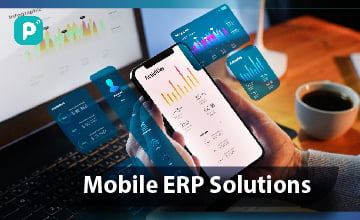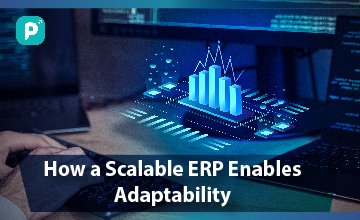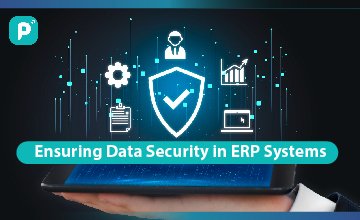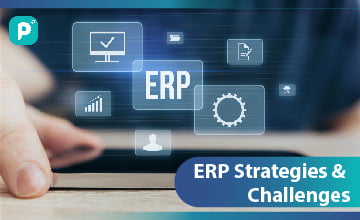The rapid pace of digital transformation has led to seismic shifts across industries as organizations adopt emerging technologies to optimize operations, and workflows, and gain a competitive edge. At the core of this evolution lies mobile ERP solutions that are profoundly altering how modern businesses function by enabling seamless remote work and improving workforce accessibility.
The Rise of a Mobile Workforce
Traditional workplace models where employees work from central offices have been disrupted by trends like globalization and distributed teams. But the COVID-19 pandemic vastly accelerated the shift to remote work.
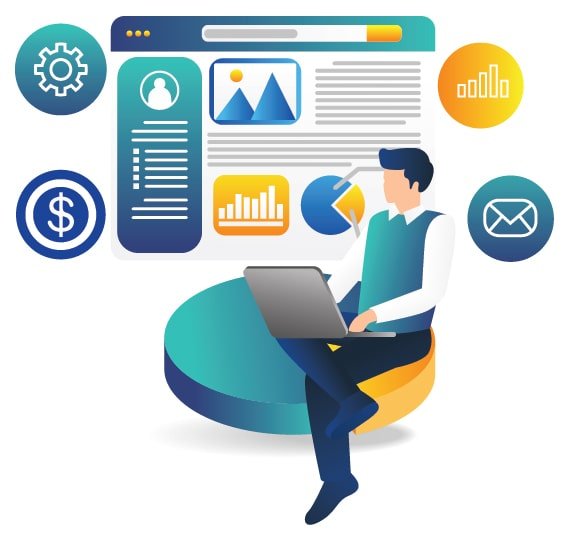
During pandemic lockdowns in 2020, over 55% of office workers telecommuted full-time according to PwC. What began as a contingency plan soon revealed merits like:
- Enhanced workforce flexibility
- Improved work-life balance
- Significant cost reductions from less real estate
Per McKinsey, over 90% of organizations will now adopt a hybrid model combining remote and on-site work. This paradigm shift requires rethinking how work gets done through solutions that enable:
- Seamless collaboration
- Continuous data access
- Optimized workflows across locations
Supporting a dispersed workforce also necessitated widespread mobile technology adoption. Mobile solutions provide the flexibility and agility for employees to be productive on the go. Equipping teams with mobile ERP has become a key priority for future-ready businesses.
Understanding Mobile ERP Solutions
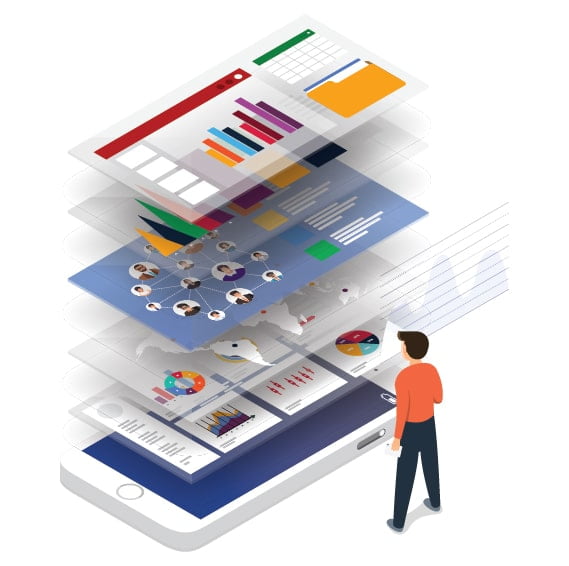
Enterprise Resource Planning (ERP) software connects core functions like HR, finance, supply chain, and CRM into an integrated system for comprehensive operational visibility and data-driven decisions.
Mobile ERP solutions extend these capabilities to smartphones and tablets via a responsive interface. Employees can access information, collaborate, approve tasks, and conduct business from anywhere.
Key Features and Capabilities
- Real-time data access: View live ERP data and metrics on the go to drive decisions.
- Workflow automation: Manage approvals and tasks remotely through centralized workflows.
- Inventory management: Perform supply chain operations like stock tracking and orders through the mobile app.
- Order processing: Enter, track, and monitor orders and fulfilment status.
- Customer management: Access customer data instantly to deliver personalized service.
- Offline functionality: Input data offline that automatically synchronizes when connected.
- Collaboration: Communicate with team members and share files through the app.
- Seamless ERP integration: Bi-directional syncing ensures data consistency across platforms.
- Advanced security: Enterprise-grade security safeguards data integrity and privacy.
This robust set of capabilities empowers today’s mobile workforce with optimized, real-time management of business processes.
Key Benefits Driving Mobile ERP Adoption
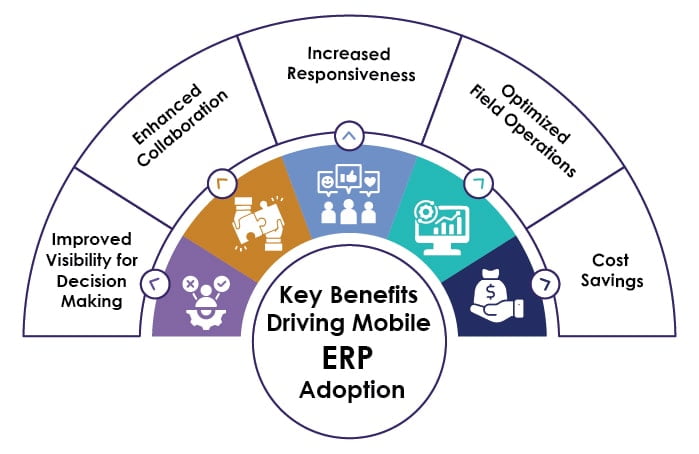
While traditional ERP focuses on back-office functions, mobile ERP makes these capabilities accessible enterprise-wide. Providing anytime-anywhere access has proven tremendously advantageous:
Improved Visibility for Decision Making
Access to real-time data empowers managers and executives to make decisions backed by timely insights regardless of location. Mobile ERP enables data-driven agility.
Enhanced Collaboration
Mobile ERP eliminates communication silos through built-in collaboration features. Teams can work together seamlessly when remote through messaging, file sharing and more.
Increased Responsiveness
Arming client-facing teams with mobile customer data allows them to address requests faster and resolve issues promptly. This boosts satisfaction and loyalty.
Optimized Field Operations
Easy access to schedules, work orders, and inventory data helps field employees complete jobs efficiently without wasting time. This significantly optimizes field productivity.
Cost Savings
BYOD policies coupled with cloud-based mobile ERP reduce capital expenditures on devices and infrastructure while also minimizing IT overhead for support and maintenance.
Key Capabilities in Advanced Mobile ERP Solutions
While basic mobile ERP delivers tremendous value, advanced solutions with deeper analytics, automation and functionality amplify benefits even further.
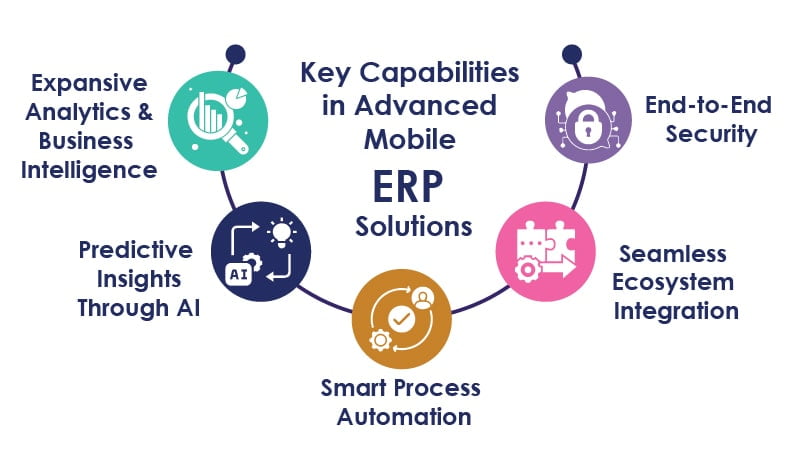
Expansive Analytics and Business Intelligence
In-depth analytics dashboards provide fine-grained visibility into all business metrics empowering sharper decisions. Features like drilling down into reports uncover high-value insights.
Predictive Insights Through AI
Machine learning algorithms help preempt challenges by forecasting inventory shortages, predicting equipment failures, flagging high-risk customers and more. This enables mobile users to pivot faster.
Smart Process Automation
Virtual assistants and software bots handle repetitive tasks and workflows automatically to save tremendous time and effort. Users simply delegate tasks through conversational interfaces.
Seamless Ecosystem Integration
Leading mobile ERP solutions feature open integration capabilities that allow embedding complementary applications like digital payments and e-commerce into the enterprise app. This consolidates technology ecosystems for simplicity.
End-to-End Security
With sensitive data being accessed on mobile devices, security is critical. Robust measures like encryption, access controls, remote wiping capabilities, and adherence to regulations safeguard data integrity.
The Future of Mobile ERP
The COVID-19 pandemic dramatically accelerated the need for enterprise mobility and access. However, the transformational benefits have made clear that mobile ERP is here to stay as the new normal for doing business.
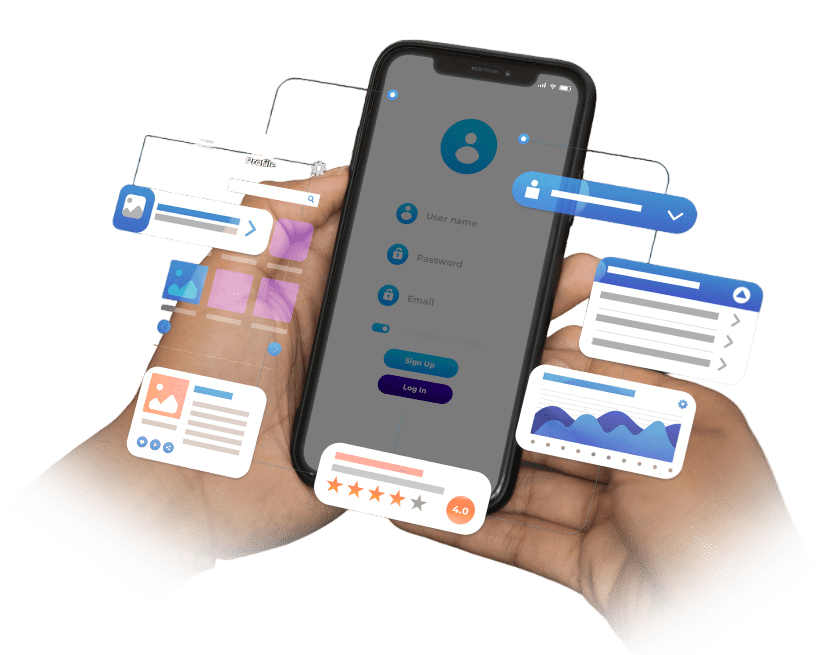
With mobile ERP now firmly established in the tech stack, forward-looking businesses are also incorporating innovations like:
- Wearable integration: Extending ERP to smartwatches and heads-up displays for hands-free, on-demand access to operations data
- Digital twins: Building virtual replicas of warehouses, factories and supply chains to simulate scenarios and optimize future decision-making
- Spatial computing: Using AR/VR to overlay ERP data onto real-world locations like shop floors and retail stores for immersive, contextual insights
- Customer engagement: Utilizing mobile ERP as a front-end system integrated with back-end ERP to deliver omnichannel customer experiences
As technology continues advancing at a rapid clip, mobile ERP is poised to drive the next wave of innovation in how businesses leverage mobility, accessibility and connectivity to work smarter.
Conclusion
In summary, mobile ERP solutions are a transformative technology helping enterprises succeed in an increasingly dispersed working world. They empower employees with anywhere access to business data and workflows, driving increased productivity, visibility, responsiveness, and cost-efficiency across distributed teams and field operations.
As ERP continues evolving from back-office silos to an enterprise-wide mobility platform, it is enabling organizations to deliver new levels of flexibility, agility and innovation in a digital-first business landscape.
All images belong to their respective owners. Please email [email protected] if removal is required.

